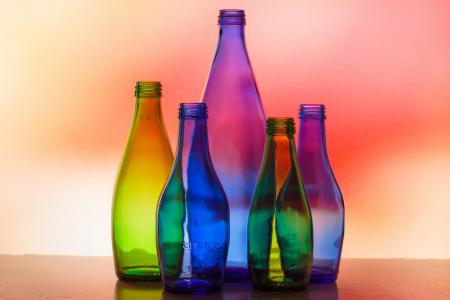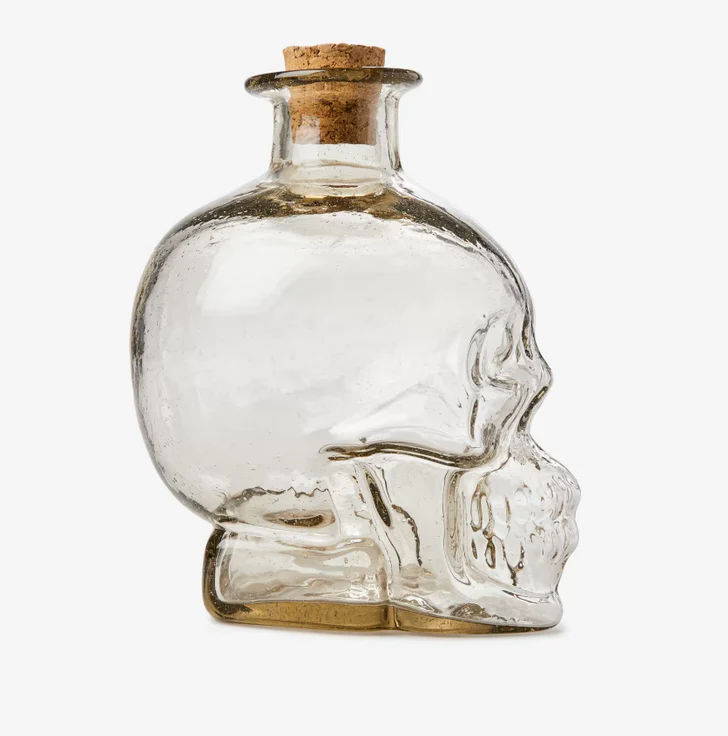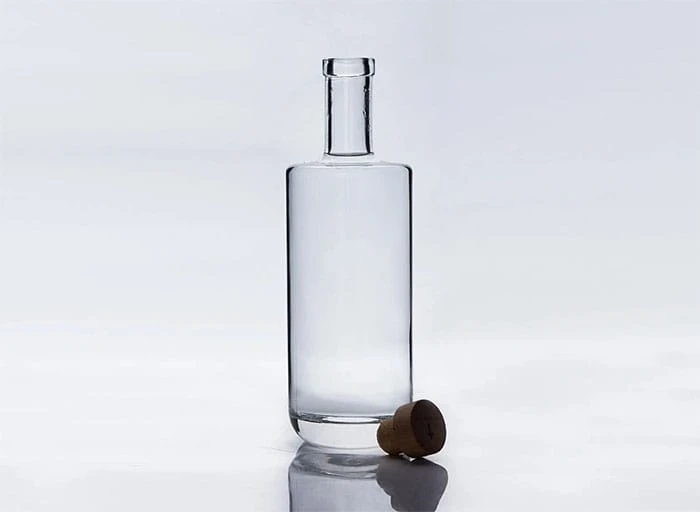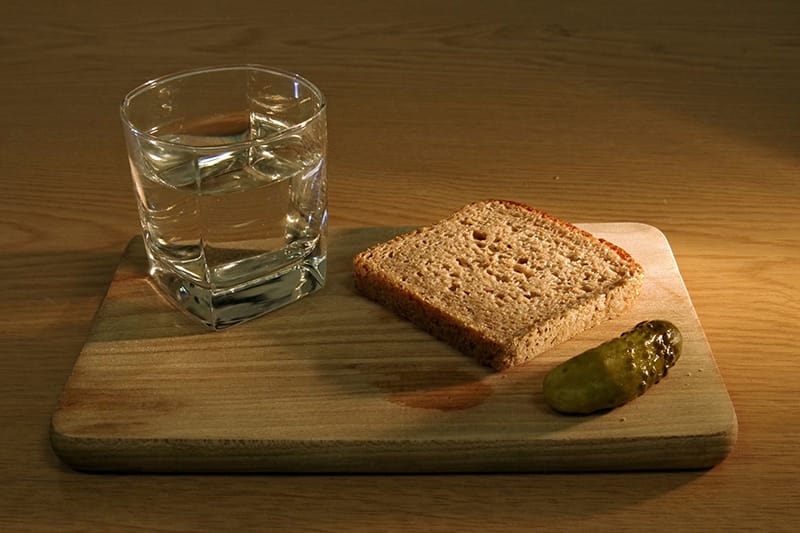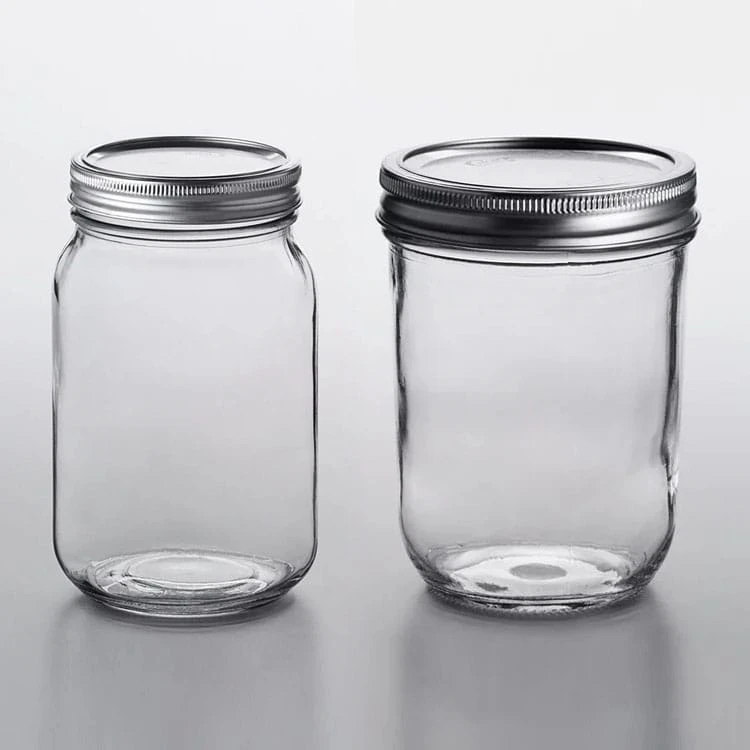Green glass bottles, often overlooked in their simplicity, hold a unique charm and environmental significance in today’s world. These elegant vessels have been a part of our lives for centuries, and their appeal goes beyond aesthetics. In this comprehensive guide, we’ll delve deep into the world of green glass bottles, exploring their history, manufacturing process, sustainability, and the myriad of uses they serve in our daily lives. Join us on this journey as we uncover the secrets and virtues of these timeless containers.
The History of Green Glass Bottles
Green glass bottles have a rich and storied history that dates back to ancient times. The mesmerizing green hue is a result of trace minerals, primarily iron, in the glass composition. Ancient civilizations, such as the Romans and Egyptians, used these bottles to store precious oils, perfumes, and medicines. The green color not only protected the contents from harmful UV rays but also added a touch of mystique.
Heading 1: The Manufacturing Process
Creating green glass bottles is an intricate process that combines artistry with precision. The primary raw materials for glass production are silica sand, soda ash, and limestone. These ingredients are melted together at high temperatures, and the addition of iron oxides imparts the characteristic green color. The molten glass is then shaped into bottles through various methods like blowing, pressing, or molding.
Sustainability and Green Glass Bottles
In an era where sustainability is paramount, green glass bottles shine as a shining example of eco-friendliness. Their recyclability is a major factor in their favor, as glass can be recycled endlessly without losing quality. This reduces the need for new raw materials, conserving resources and energy.
Heading 2: Benefits of Recycling
When green glass bottles are recycled, they require less energy to melt down compared to producing new glass, leading to a significant reduction in carbon emissions. Moreover, recycling helps divert glass waste from landfills, minimizing environmental impact.
Heading 3: Circular Economy
Green glass bottles contribute to the concept of a circular economy, where products are designed for reuse and recycling. When consumers return their empty bottles for recycling, they become a part of a sustainable cycle that reduces waste and promotes responsible consumption.
Versatility of Green Glass Bottles
One of the most appealing aspects of green glass bottles is their versatility. They find applications in various sectors, from beverage packaging to home decor.
Heading 4: Beverage Packaging
Green glass bottles are synonymous with the packaging of premium beverages such as wine, beer, and olive oil. The green tint not only protects the contents from light but also enhances the visual appeal of the products.
Heading 5: Home Decor and Crafts
Beyond their functional uses, green glass bottles have gained popularity in the realm of home decor and DIY crafts. Their unique shape and color make them ideal for creating decorative vases, candle holders, and other artistic projects.
Conclusion
In conclusion, green glass bottles are more than just containers; they are a symbol of sustainability, history, and versatility. Their distinctive color, rooted in centuries of craftsmanship, adds a touch of elegance to our lives while making a positive impact on the environment through recycling. Whether you encounter them as exquisite wine bottles or repurpose them in creative DIY projects, these bottles continue to enchant and inspire. Embracing green glass bottles means embracing a greener, more sustainable future for generations to come. So, the next time you raise a glass, remember the timeless allure of green glass bottles and their enduring legacy.




